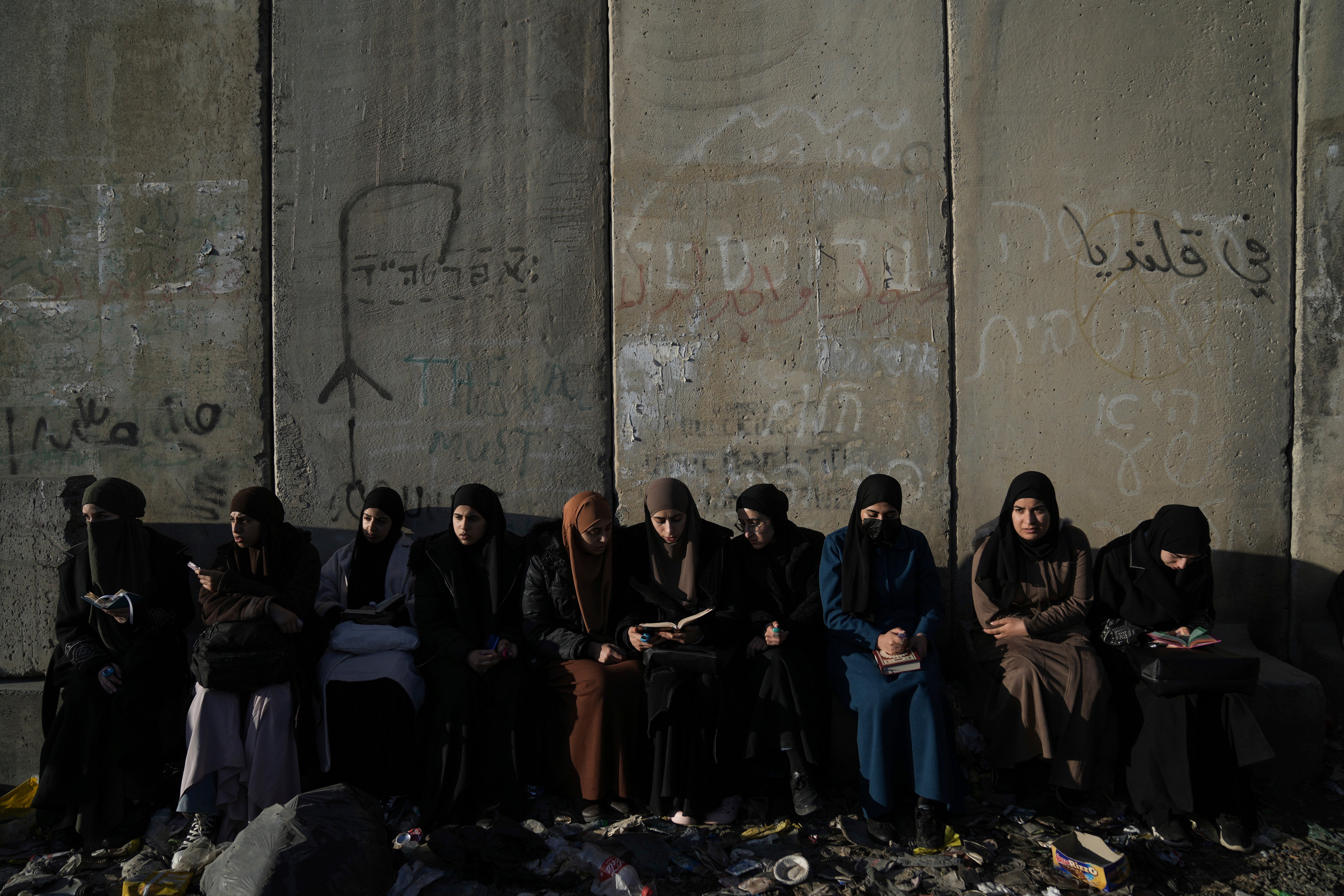Israel declares 800 hectares in the occupied West Bank on day of Antony Blinken visit
The United States said last month Israel’s expansion of settlements in West Bank was inconsistent with international law

Your support helps us to tell the story
From reproductive rights to climate change to Big Tech, The Independent is on the ground when the story is developing. Whether it's investigating the financials of Elon Musk's pro-Trump PAC or producing our latest documentary, 'The A Word', which shines a light on the American women fighting for reproductive rights, we know how important it is to parse out the facts from the messaging.
At such a critical moment in US history, we need reporters on the ground. Your donation allows us to keep sending journalists to speak to both sides of the story.
The Independent is trusted by Americans across the entire political spectrum. And unlike many other quality news outlets, we choose not to lock Americans out of our reporting and analysis with paywalls. We believe quality journalism should be available to everyone, paid for by those who can afford it.
Your support makes all the difference.Israeli has declared 800 hectares in the occupied West Bank as state land, in a move that will facilitate the use of the ground for settlement building.
Friday’s announcement, on the day US Secretary of State Antony Blinken visited Israel for talks with Prime Minister Benjamin Netanyahu, underlined the government’s determination to press ahead with settlement building in the West Bank, despite growing international opposition.
Palestinian authorities condemned the move.
“While there are those in Israel and in the world who seek to undermine our right to Judea and Samaria and the country in general, we promote settlement through hard work and in a strategic manner all over the country,” Smotrich said, using Biblical names for the area of the West Bank that are commonly employed in Israel.
The denomination of the 1,976 acres of land in the Jordan Valley as state land follows a similar designation of 300 hectares (740 acres) in the Maale Adumim area of the West Bank, which the Palestinians want as the core of a future independent state.
The United States said last month Israel’s expansion of settlements in West Bank was inconsistent with international law, signalling a return to long-standing US policy that had been reversed by the previous administration of Donald Trump.
The change brought the United States back into line with most of the world, which considers the settlements built on territory Israel captured in the 1967 Middle East war to be illegal. Israel itself disputes this view, citing the Jewish people’s historical and Biblical ties to the land.

The Palestinians say the expansion of settlements across the West Bank is part of a deliberate Israeli policy to undermine its ambition of creating an independent state with East Jerusalem as its capital.
The Palestinian Ministry of Foreign Affairs said the latest move was “a continuation of the extermination and displacement of our people from their homeland”.
“The international failure to protect our people is complicity and cover for Israel’s ongoing evasion of punishment,” it added.
Smotrich, the influential leader of one of the hard-right pro-settler parties in Netanyahu’s coalition, himself lives in a settlement and has consistently backed settlement building.
International pressure for a resumption of efforts to reach a two state solution, with an independent Palestinian state alongside Israel, has grown amid efforts to end the nearly six month war in Gaza.
Little progress has been made on achieving Palestinian statehood since the signing of the Oslo Accords in the early 1990s. Among the obstacles impeding it are expanding Israeli settlements.
Join our commenting forum
Join thought-provoking conversations, follow other Independent readers and see their replies
Comments